Turn Boring Rice Into a Restaurant-Quality Side With One Simple Butter Trick
Difficulty: Novice
Time: 15 minutes (plus normal rice cooking time)
Cost: Under $5
Why You'll Like This (Quick Intro)
Ever wonder why some rice tastes like cardboard while other bowls make you go back for thirds? The secret isn't fancy equipment or expensive ingredients—it's one simple upgrade that transforms ordinary rice into something extraordinary. Adding butter to freshly cooked rice creates a luxurious, creamy texture that enhances the grain's natural sweetness, according to Simply Recipes. This technique, which likely originated from French influence during Vietnam's colonial period, proves that the best food hacks often come from grandmothers who knew what they were doing long before we figured it out.
What You'll Need
Materials
- 1 tablespoon butter (salted or unsalted) per cup of cooked rice
- Hot, freshly cooked rice
- Optional: fish sauce, sugar, minced garlic for compound butter
- Optional: soy sauce for variation
Tools
- Serving spoon or fork for mixing
- Rice cooker or cooking pot (for preparing rice)
Safety First
- Use oven mitts when handling hot cookware
- Ensure butter is fresh and properly stored
- If making compound butter, wash hands thoroughly after handling raw garlic
Steps
-
Cook your rice using your preferred method until grains are tender and fluffy.
- Tip: For best results, rinse rice beforehand to remove excess starch.
-
Add butter immediately while rice is hot. Place about 1 tablespoon of butter directly onto the hot rice. The butter melts into a golden puddle on top of the rice, creating instant richness.
- Note: Salted butter adds a pleasant pop of salinity that many people prefer.
-
Gently fold butter into rice using a serving spoon, allowing it to coat each grain evenly.
- Visual cue: Rice should have a glossy, golden appearance when properly mixed.
Advanced Upgrade: Fish Sauce Compound Butter
Materials for compound butter:
- 4 tablespoons unsalted butter
- 2 tablespoons fish sauce
- 1 tablespoon granulated sugar
- 3 garlic cloves, minced
Steps:
- Brown the butter in a pan over medium heat until fragrant.
- Mix in remaining ingredients (according to Simply Recipes) for a complex flavor profile.
- Use immediately or store in the refrigerator for up to one week in an airtight container.
Pro Technique: Toast First for Maximum Impact
For next-level flavor, toast your rice before cooking. Heat rice in a dry pan over medium heat until you smell that distinctive nutty aroma that confirms it's ready. This technique triggers the Maillard reaction, adding nutty depth even without visible browning, while helping keep rice grains separate during cooking to avoid sticky, mushy texture. The process works especially well with long-grain varieties like jasmine and basmati.
Cleanup & Disposal
- Wipe down surfaces with warm, soapy water
- Store leftover compound butter in refrigerator up to one week
- Compost any rice scraps or dispose in regular trash
Troubleshooting
Problem: Butter sits on surface without melting → Fix: Ensure rice is hot enough; reheat if necessary
Problem: Rice becomes too greasy → Fix: Use less butter next time (start with 1/2 tablespoon per cup)
Problem: Uneven butter distribution → Fix: Let butter melt completely before folding gently through rice
Variations & Upgrades
Budget Version: Use any butter you have on hand—even margarine works in a pinch
Umami Boost: Add drops of Maggi or Kikkoman soy sauce to your buttered rice
Broth Base: Replace cooking water with chicken, beef, or vegetable broth before adding butter
Aromatic Foundation: Sauté aromatics like onions, garlic, or scallions in butter before adding rice
Why This Simple Hack Works So Well
Why it works: The fat content enhances the grain's natural sweetness while adding comfort and luxury to an otherwise basic ingredient. Fat acts as a flavor carrier, coating taste buds and delivering aroma compounds more effectively. When combined with proper technique like rinsing rice beforehand, you get less starchy, more fluffy results that provide the perfect canvas for butter's richness. The technique works with any rice variety—jasmine, basmati, brown, or white—making it universally applicable regardless of what you have in your pantry. Best of all, this upgrade transforms steamed white rice into a star rather than leaving it as an afterthought on your plate.
FAQ
Can I use margarine instead of butter? Yes, though butter provides better flavor and mouthfeel due to its fat composition and natural dairy richness.
Will this work with leftover rice? Absolutely—reheat the rice first to ensure the butter melts and distributes evenly.
How much butter is too much? Start with 1 tablespoon per cup of rice. You can always add more, but you can't take it back once mixed in.





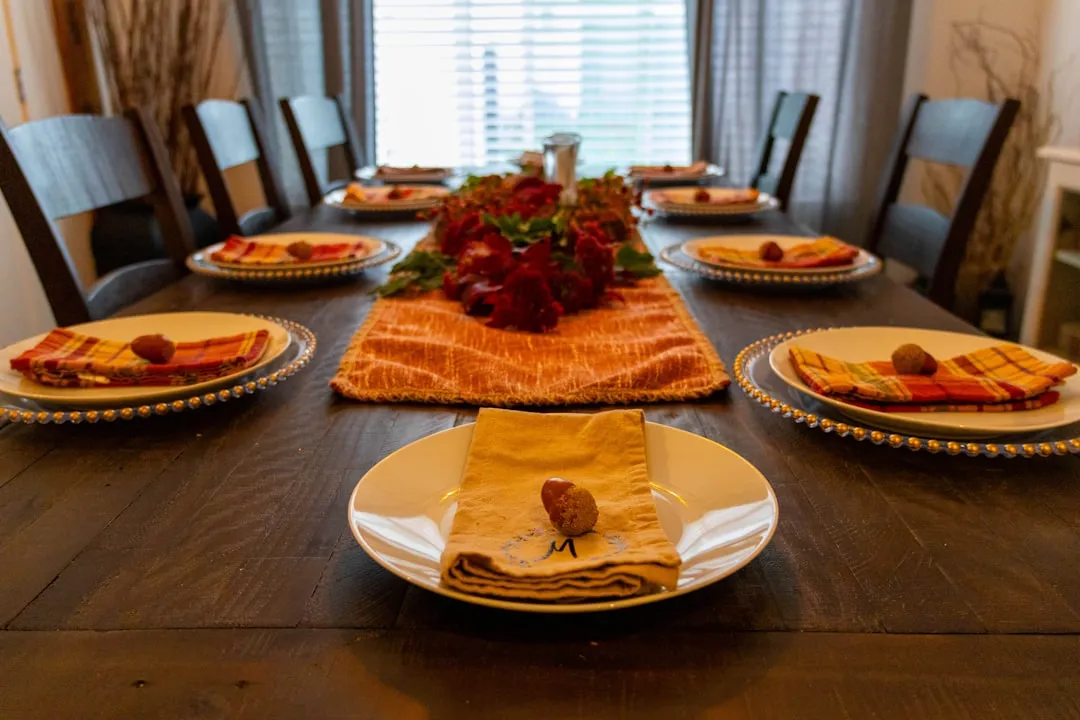

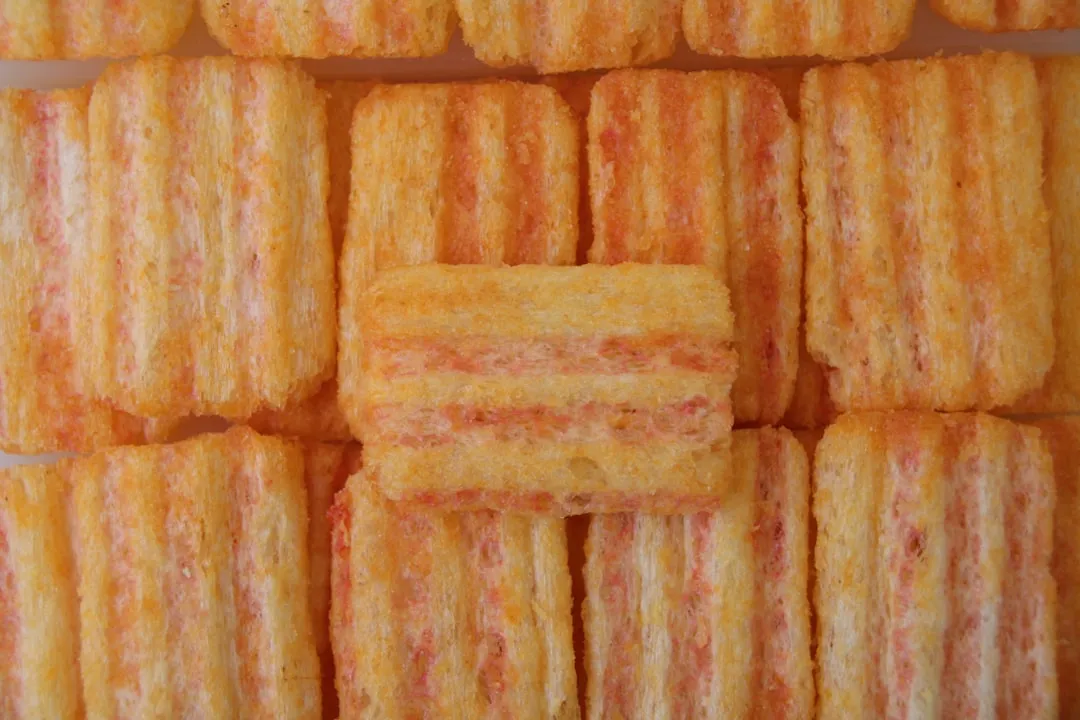
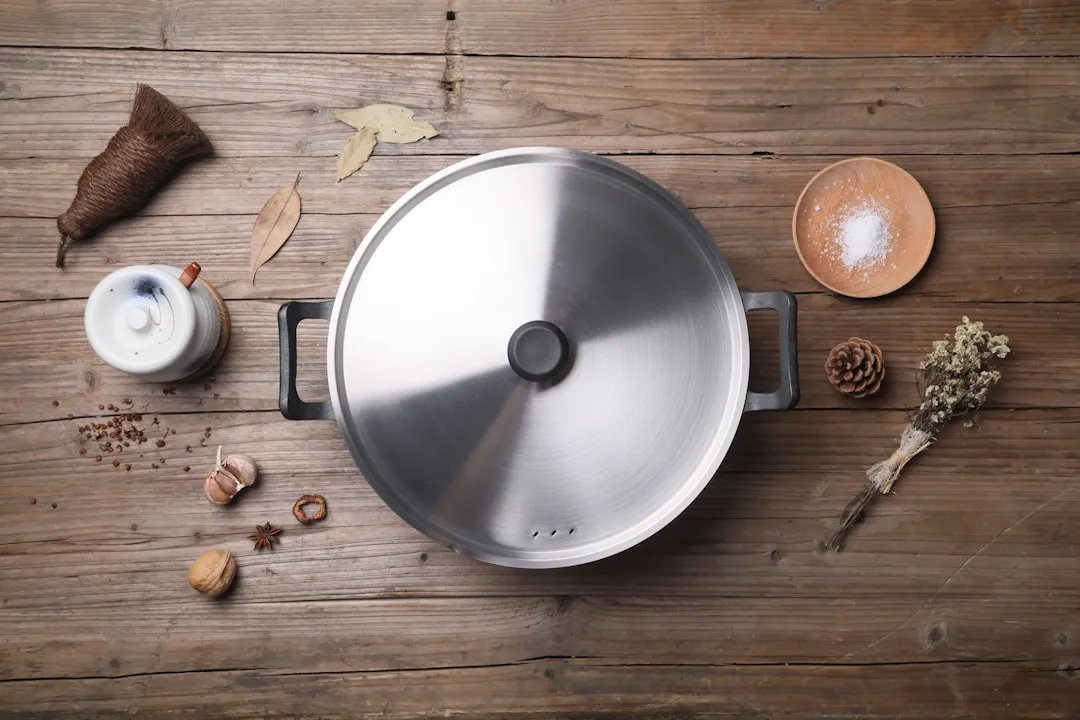





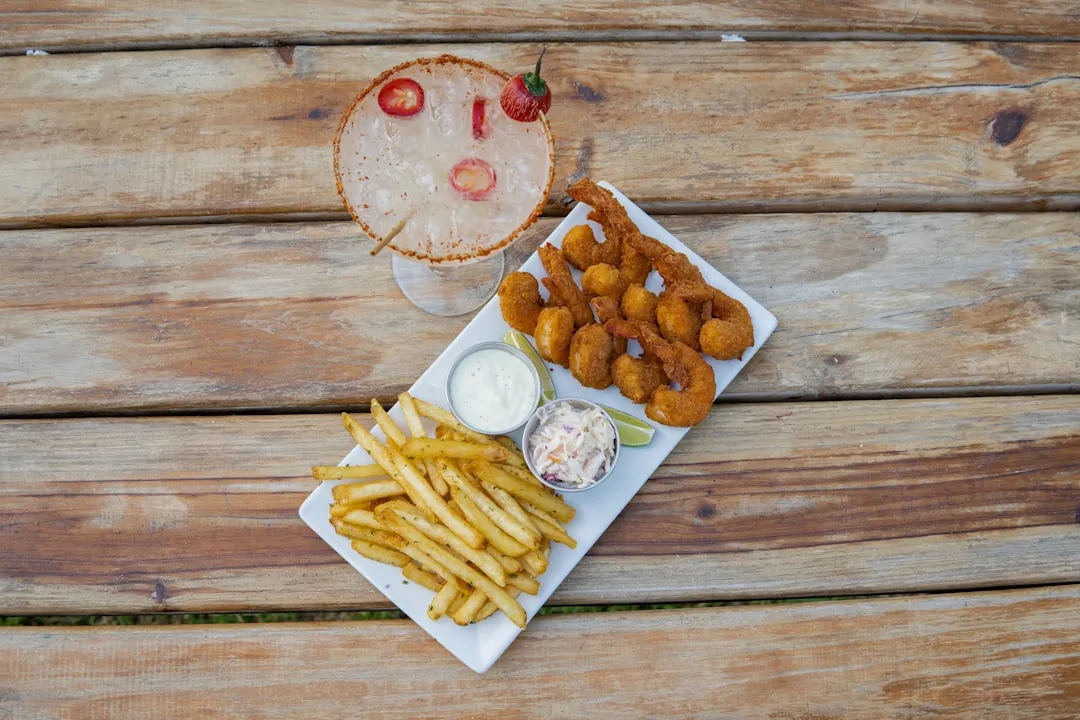
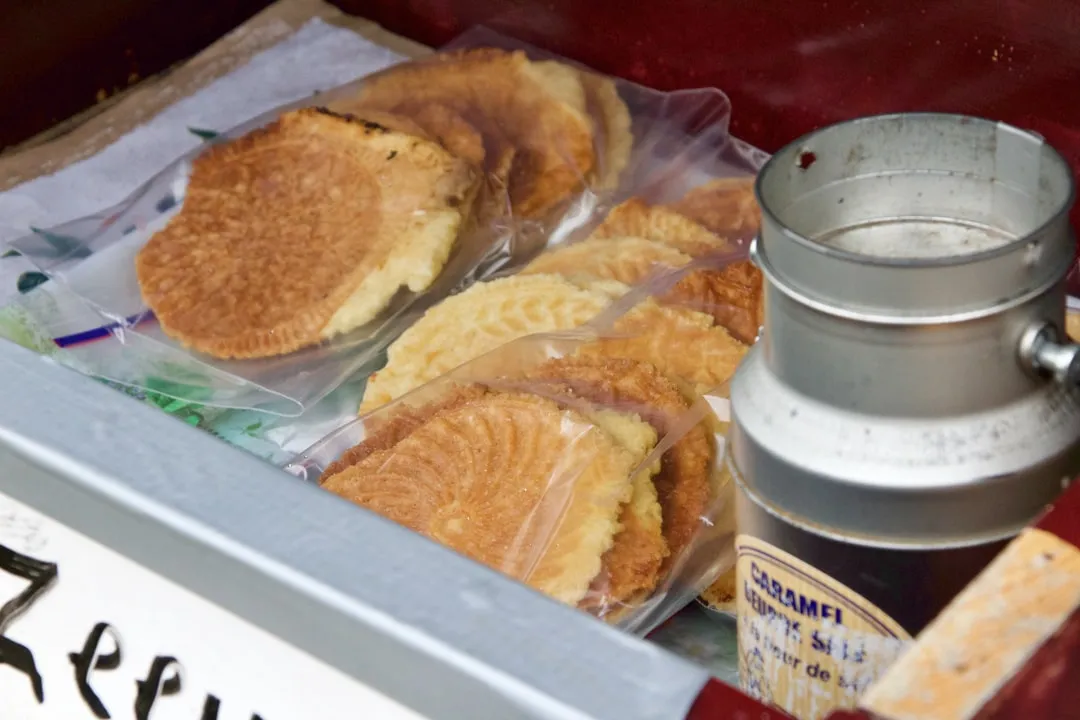
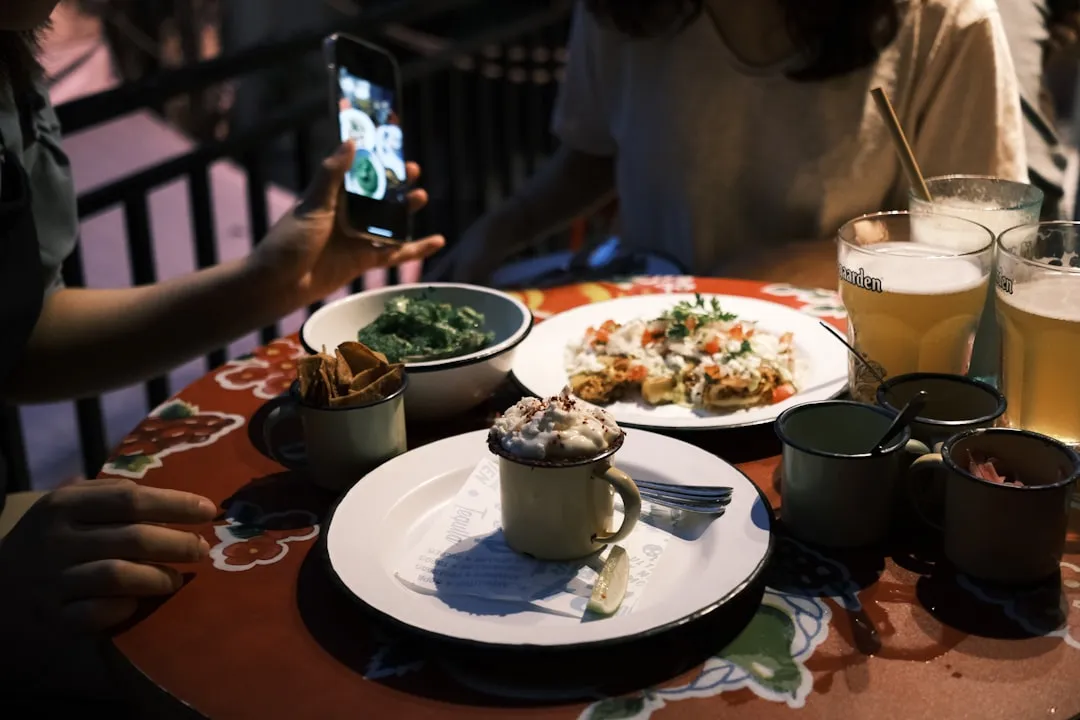
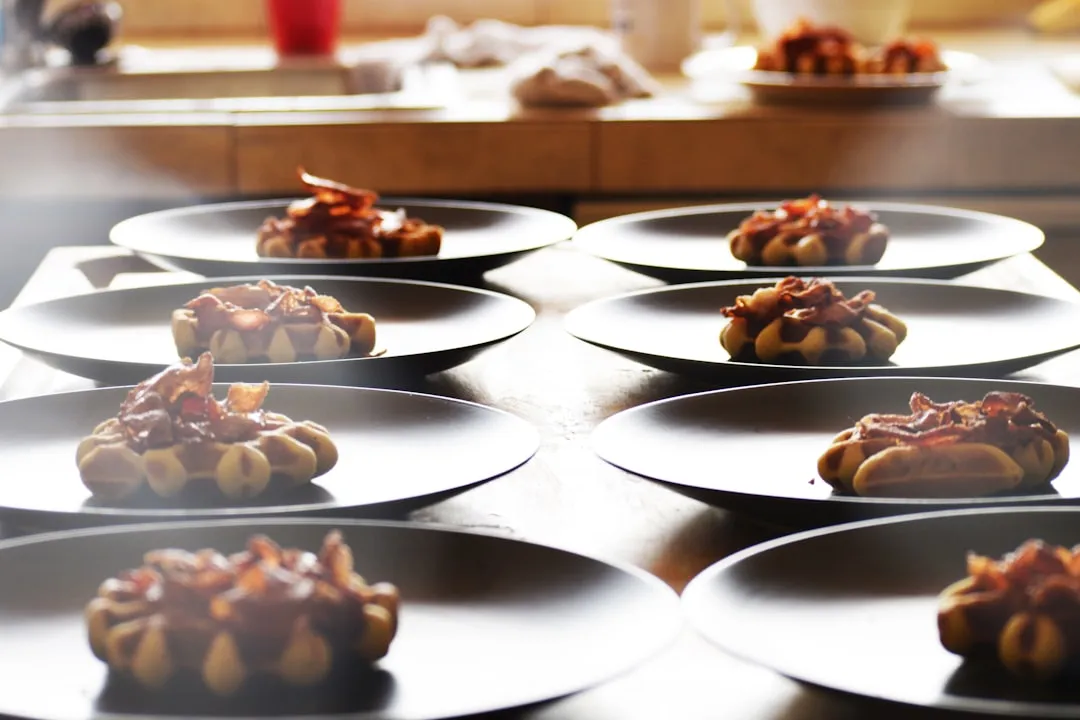
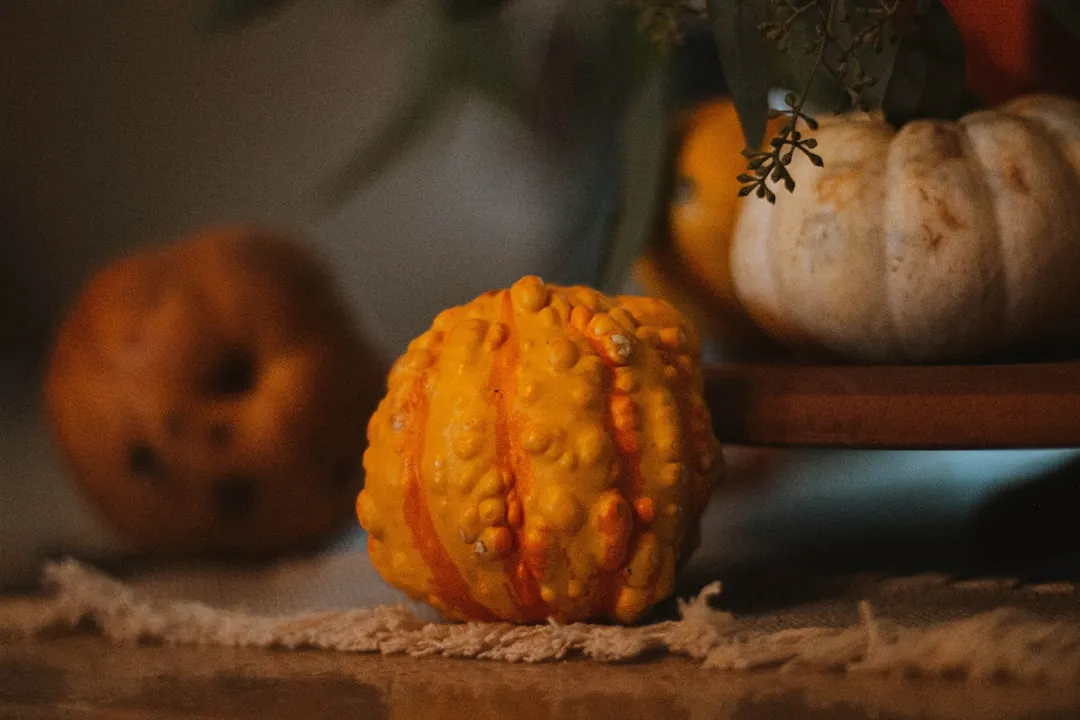
Comments
Be the first, drop a comment!